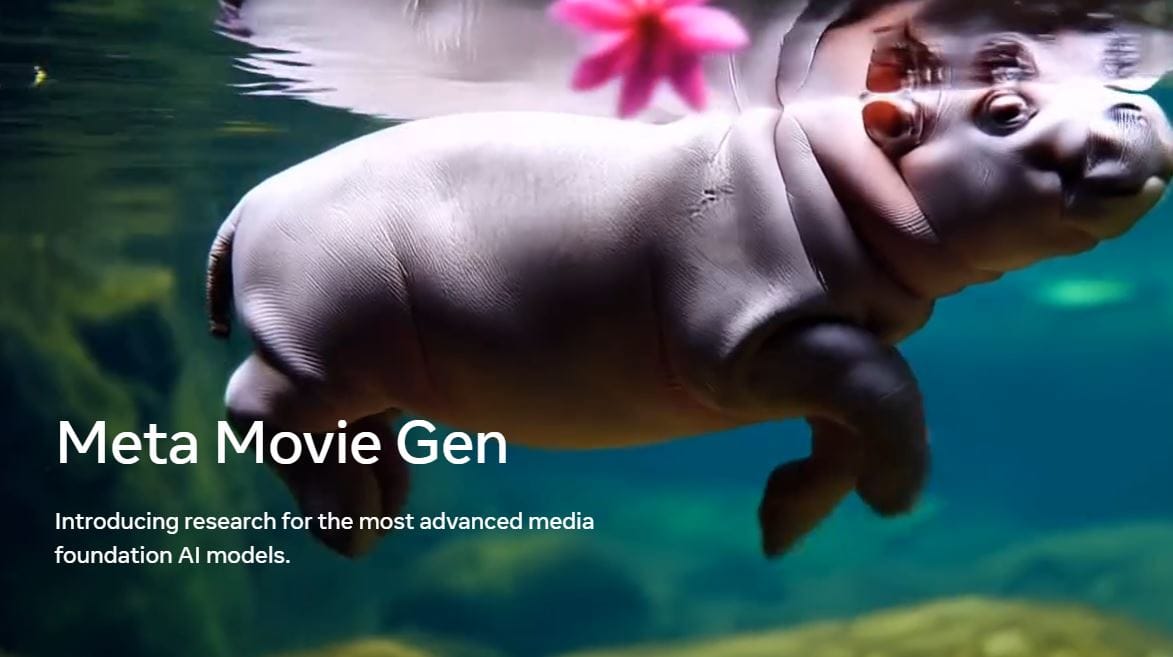What if all animals could speak, but only to people who were kind to them? Imagine a world where your furry friends could suddenly chat back, but with a twist – they’d only converse with those who treated them well. This enchanting concept would revolutionize our relationships with animals and perhaps teach us a thing or two about kindness.
Let’s embark on a journey through this fascinating idea, shall we? Picture yourself walking through a park, surrounded by chirping birds and playful squirrels. You’ve always been an animal lover, tossing breadcrumbs to the ducks and offering a gentle pat to passing dogs. Suddenly, a nearby sparrow perches on your shoulder and whispers, “Thanks for always being so nice to us!” You’d probably think you were going nuts, right? But in this imaginative scenario, you’d be experiencing the amazing gift of animal communication – a reward for your kindness.
What would the world be like if animals could speak?
First things first, let’s break down the mechanics of this magical ability. Would it be like Dr. Dolittle, where animals could speak perfect English (or whatever your native language might be)? Or perhaps it would be more of a telepathic connection, where you’d simply understand their thoughts and feelings?
The specifics might vary, but the core idea remains the same: animals would have the power to communicate directly with humans who show them kindness. This raises some intriguing questions about the nature of kindness itself. Would a single act of goodwill be enough to unlock this ability, or would it require a consistent pattern of compassionate behavior?
What constitutes ‘kindness’ to animals?
Now, here’s where things get a bit hairy (pun intended). Kindness to animals isn’t always as straightforward as we might think. Sure, feeding stray cats and rescuing injured birds are obvious acts of kindness. But what about more complex situations?
For instance, let’s say you’re a veterinarian who needs to perform a painful but necessary procedure on a dog. The dog might not perceive this as an act of kindness in the moment, but it’s ultimately for their benefit. Would the animals be able to distinguish between short-term discomfort and long-term care?
Or consider farmers who raise livestock. Many treat their animals with respect and provide good living conditions, but the end goal is still to use the animals for food or other products. Would these animals choose to speak to the farmers, knowing their ultimate fate?
These questions highlight the complexity of human-animal relationships and force us to reconsider our definitions of kindness and ethical treatment of animals.
How would this ability change our relationships with pets?
Let’s get personal for a moment. Imagine you’re curled up on the couch with your cat, Whiskers. You’ve always had a bond, but now Whiskers can actually tell you about his day, his likes and dislikes, and maybe even offer some feline wisdom.
“You know, Sarah,” Whiskers might say, “I appreciate that you always make sure my litter box is clean. But I’ve got to be honest – that new food you bought tastes like cardboard. Can we go back to the chicken flavor?”
This level of communication would undoubtedly strengthen the bonds between pets and their owners. It might also lead to some uncomfortable truths. Perhaps your dog doesn’t actually enjoy those ridiculous sweaters you put on him, or your parrot is tired of repeating the same phrases and would prefer to discuss philosophy.
Would this lead to a more compassionate society?
Here’s where things get really interesting. If being kind to animals was the key to unlocking their ability to speak, wouldn’t this incentivize people to treat animals better? It’s like a cosmic reward system for compassion.
Imagine a world where animal shelters are empty because everyone wants the chance to talk to a rescue pet. Picture wildlife preserves flourishing because poachers have turned into conservationists, hoping to hear the grateful words of the animals they once hunted.
This scenario could potentially create a feedback loop of kindness. As more people treat animals well to hear them speak, they’d likely develop more empathy and compassion. This could extend beyond just animals, creating a generally kinder and more empathetic society.
What about wild animals and ecosystems?
Now, let’s venture into the wilderness. If kind-hearted hikers could suddenly chat with bears and wolves, it could revolutionize our understanding of ecosystems and animal behavior. Scientists and conservationists would have unprecedented access to information about animal populations, migration patterns, and the impacts of climate change.
But it’s not all rosy. What if well-meaning but misguided individuals start interfering with natural processes based on their conversations with wild animals? A kindhearted person might try to “save” a prey animal from a predator, not realizing they’re disrupting the natural balance.
Could this lead to exploitation?
Unfortunately, in every scenario, there’s always someone trying to game the system. Unscrupulous individuals might feign kindness to gain the ability to communicate with animals, only to exploit this power for personal gain.
Imagine a horse racing trainer who sweet-talks horses to get inside information on their conditions and capabilities. Or a fisherman who befriends fish to locate the best catching spots. We’d need to consider the ethical implications of using animal communication for human benefit, even when it doesn’t involve direct cruelty.
How would this impact industries that use animals?
Let’s talk turkey (perhaps literally in this case). Industries that rely on animals – like farming, animal testing, and zoos – would face intense scrutiny. If the animals could speak about their experiences, would consumers still be comfortable using products tested on animals or eating meat from factory farms?
This could lead to massive shifts in these industries. Companies might invest heavily in improving animal welfare to maintain their ability to communicate with the animals they depend on. We might see a rise in “ethically sourced” animal products, verified by the animals themselves.
What about the animals that don’t speak to us?
In this scenario, silence from animals would speak volumes. If you walked into a room and all the animals suddenly went quiet, it would be a clear sign that you need to re-evaluate your behavior. This could create a powerful social pressure to treat animals well.
But it also raises questions about judgment and redemption. If someone has a history of being unkind to animals but genuinely wants to change, how would they break through that barrier of silence? Would there be “animal whisperers” who could help mediate and rebuild these relationships?
In conclusion, the idea that animals could speak only to those who are kind to them is more than just a whimsical concept. It’s a thought experiment that challenges us to reconsider our relationships with animals, our definitions of kindness, and the potential ripple effects of compassion. While it’s firmly in the realm of fantasy, pondering this scenario can inspire us to be more mindful in our interactions with the animal kingdom. After all, even if they can’t speak to us, our animal friends certainly communicate in their own ways. Perhaps we just need to be kind enough to listen.






